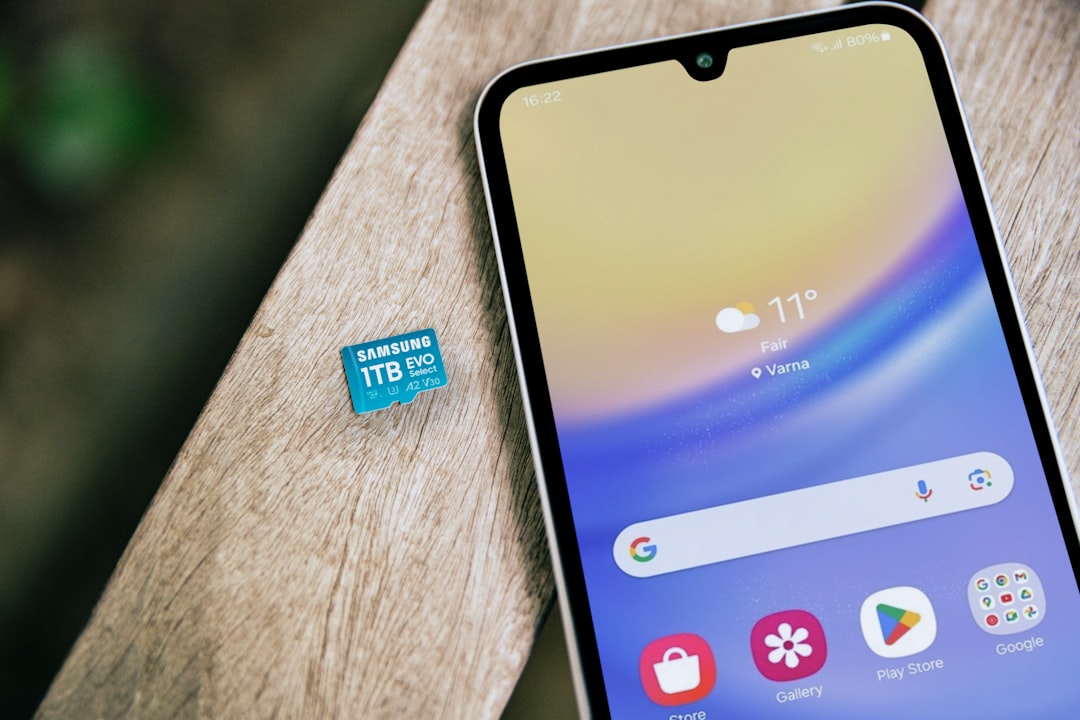In Tennessee, respecting Do Not Call laws is crucial for businesses and residents. Do Not Call lawyers help companies navigate these regulations, draft policies, and handle consumer complaints. Choosing the right data storage system is vital for compliance, with cloud-based options offering scalability and security features like encryption and two-factor authentication. Securing this data through robust encryption, secure cloud storage, regular updates, and employee training is essential to protect consumer privacy. Businesses must adhere to TCPA guidelines and engage Do Not Call lawyers in Knoxville for guidance to avoid fines, maintain customer trust, and ensure operational integrity.
In Knoxville, adhering to Do Not Call laws is not just a best practice—it’s crucial for maintaining compliance and respecting consumer preferences. This comprehensive guide explores the intricacies of storing Do Not Call data effectively in Tennessee. We delve into understanding state regulations, selecting robust data storage solutions, implementing security measures, and addressing legal considerations to ensure your business practices align with Do Not Call lawyers’ expectations.
Understanding Do Not Call Laws in Tennessee

In Tennessee, understanding and adhering to Do Not Call laws is crucial for businesses and individuals alike. The state has specific regulations in place to protect consumers from unwanted phone calls, with penalties for those who violate these rules. Do Not Call Lawyers in Tennessee play a vital role in ensuring compliance, offering expertise in navigating the complex legal landscape surrounding telemarketing practices. They assist companies in drafting and implementing effective do-not-call policies, training employees on accepted call practices, and managing consumer complaints.
These laws are designed to foster a peaceful and less intrusive telephone environment for Tennessee residents. Businesses should be aware of the state’s requirements, including obtaining verbal or written consent before making sales calls and providing a clear and easy way for consumers to register their numbers for exclusion from marketing calls. By consulting with Do Not Call Lawyers in Knoxville, businesses can protect themselves from legal repercussions and build trust with their customers.
Choosing the Right Data Storage Solution

When it comes to storing “Do Not Call” data, especially in a city like Knoxville, Tennessee, where compliance with state and federal regulations is paramount for Do Not Call lawyers, selecting the right data storage solution is crucial. The first step involves evaluating your data’s unique needs. Consider factors such as data volume, access frequency, and security requirements. Opting for cloud-based storage solutions can offer scalability, ensuring you have enough space to accommodate growing datasets without incurring excessive costs. These platforms also facilitate remote access, enabling Do Not Call lawyers to retrieve and update information from anywhere.
Additionally, look for a provider that prioritizes data security. Given the sensitive nature of “Do Not Call” records, including phone numbers and consumer preferences, encryption and secure protocols are essential. Reputable cloud storage providers often employ advanced security measures like two-factor authentication, regular backups, and compliance with industry standards, providing peace of mind and ensuring your data remains protected from unauthorized access or breaches.
Best Practices for Securing Do Not Call Data

Securing Do Not Call data is paramount to maintain compliance and protect consumer privacy, especially for businesses in Tennessee relying on Do Not Call lawyers for guidance. Here are some best practices to safeguard this sensitive information:
First, implement robust data encryption protocols for all stored records. This ensures that even if unauthorized access occurs, the data remains unreadable without the decryption key. Next, establish a secure cloud storage system with strict access controls, limiting data visibility only to authorized personnel. Regularly updating and patching security software is crucial to protect against emerging threats. Additionally, educate employees on cybersecurity best practices, including recognizing phishing attempts and implementing strong password policies.
Legal Considerations for Storing Contact Information

When storing “Do Not Call” data in Knoxville, businesses must navigate legal considerations to ensure compliance with both state and federal regulations. In Tennessee, the Telephone Consumer Protection Act (TCPA) prohibits telemarketers from calling telephone numbers on a state’s “Do Not Call” registry. Non-compliance can lead to significant legal repercussions, including substantial fines and damage to a company’s reputation. Thus, businesses should invest in robust data management practices that prioritize accuracy, security, and privacy of contact information.
Hiring experienced “Do Not Call Lawyers Tennessee” can offer valuable guidance on navigating these regulations. These legal experts can help businesses implement effective processes for obtaining, verifying, and maintaining “Do Not Call” lists. By adhering to proper legal protocols, companies can minimize risks, ensure customer privacy, and foster trust in their operations.






